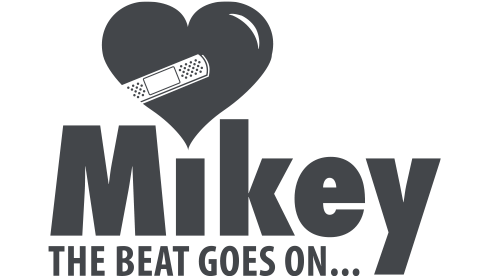November 13-19, 2017, is Digital Health Week in Canada. The week, which has been organized by Better Health Together, aims to celebrate and recognize how digital health is transforming the delivery of healthcare across the country as more and more of our systems adapt to digital landscapes.
The Mikey Network understands the importance of offering access to healthcare online, as it can help many of the people that we work with regularly. Digital health tools can help you perform CPR in emergency situations or keep track of your prescriptions.Here are some examples of technology that will help you to be more heart healthy:
Fitness Trackers
As wearable technology develops many people are now opting for fitness trackers to help monitor their health. In addition to being a watch and a way for you to keep track of your fitness workouts, many can keep an accurate reading of your heart rate. Fitness trackers can be highly beneficial to those of us who recently suffered a heart attack and want to make sure that they don’t overwork their heart.
Some of the most popular trackers are from Fitbit and Garmin, but hybrid fitness tracker/smart-watch options from Apple and Samsung are beginning to gain popularity.
Mikey Young at Heart App
Although our app is geared towards teaching teenagers who can fill their school’s volunteer hour requirements while learning CPR/AED, it is useful to anyone who wants to learn how to perform CPR and how to use an AED in an emergency situation.
Once you download the app, you can work through the different courses and exercises to prepare you for emergency situations you may face if you see someone suffering from a cardiac arrest or a heart attack. It’s available on the Google Play and Apple app store.
Iamsick.ca
Have you ever found yourself asking your friends or family for a good doctor, or if they know of a specialist that could help you? Iamsick.ca can help you with that.. Simply type in your location and it will provide you with a full list of all of the doctors, hospitals and pharmacies that are in your area. The best part about it is that you can access the tool at any time; on your computer, or via the app on your phone.
Nike Running app
Are you looking to get back into working out, but don’t want to spend a bunch of money on a fitness tracker? Try out the Nike+Run app. It’s completely geared towards working with you on your fitness progress. You can develop a plan and it will record the distance, routes, and personal records that you achieve. It will also offer one-on-one coaching to get you to your fitness goals.
Do you have some digital health tools that you’d like to share? Leave your suggestions in the comments or reach out to us on Facebook, Twitter or Instagram.



























